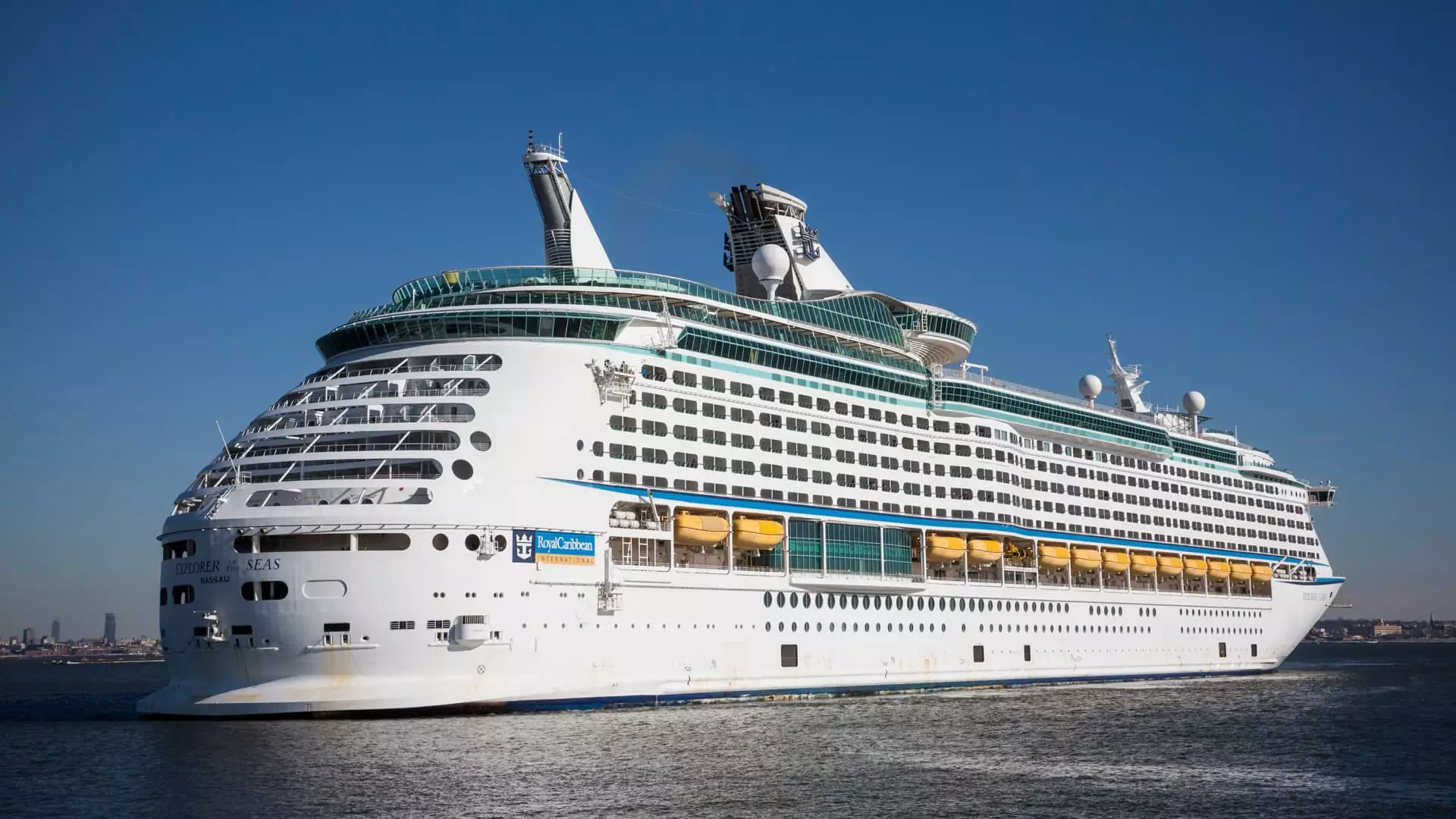The cruise industry has experienced significant volatility recently, with stocks plummeting sharply following comments from Commerce Secretary Howard Lutnick regarding potential tax reforms under the Trump administration. His remarks raised concerns about the operational and financial future of major cruise lines. This article delves into the implications of these remarks, the market reaction, and the broader context surrounding the cruise sector’s tax obligations.
The immediate aftermath of Lutnick’s comments saw substantial declines in the share prices of key players in the cruise market. Carnival Corporation’s stock fell by over 9%, while Royal Caribbean experienced an 11% drop. Norwegian Cruise Line and Viking Holdings also faced significant losses, plummeting up to 10% and 7.7%, respectively. This financial downturn indicates how sensitive the market is to regulatory and political discourse, particularly in sectors highly reliant on international trade.
Lutnick’s assertion that the majority of cruise ships operate under foreign flags and evade taxation is not a new concept. Analysts have noted that similar discussions regarding the taxation of the cruise industry have resurfaced multiple times over the past fifteen years. Steven Wieczynski and his team at Stifel Financial highlighted that these proposals have often failed to materialize, suggesting that the proposed reforms might once again be more talk than action. This cyclical nature of tax reform discussions raises questions about their actual impact on the cruise lines.
The cruise industry is officially classified under the cargo industry for tax purposes, which complicates potential reforms. The U.S. Internal Revenue Service (IRS)’s treatment of cruise operators as part of a larger category means that any changes would necessitate a comprehensive overhaul of the entire cargo sector—an unlikely scenario given the complexities involved. The cruise sector is comparatively small, further entrenching the belief among analysts that significant reform is improbable.
If reforms were to take place, the implications could be dire for the cruise industry. Experts suggest that cruise lines might consider relocating their corporate headquarters outside the U.S. to maintain favorable tax prerogatives. Such a move could facilitate the continuation of operations while avoiding tax liabilities, potentially leading to a loss of U.S. jobs. With approximately 90% of cruise operations occurring in international waters, reforms targeting these companies could prove unenforceable.
Despite the recent downturn, analysts like those at Stifel Financial advise investors to consider this slump as a buying opportunity. With strong buy recommendations on several cruise stocks including Carnival, Royal Caribbean, and Norwegian, the future retains a perception of resilience. As Lutnick’s thoughts on tax reforms are put to the test, the cruise industry may emerge stronger if it can navigate these turbulent waters effectively.
Although the comments from Howard Lutnick have induced a wave of uncertainty within the cruise industry, history suggests that significant changes may not be forthcoming. Investors should carefully assess the situation, taking into account both the risks and potential rewards of navigating a politically charged landscape. As discussions around tax reforms continue, the cruise industry will need to position itself strategically to thrive amidst possible shifts in policy.

